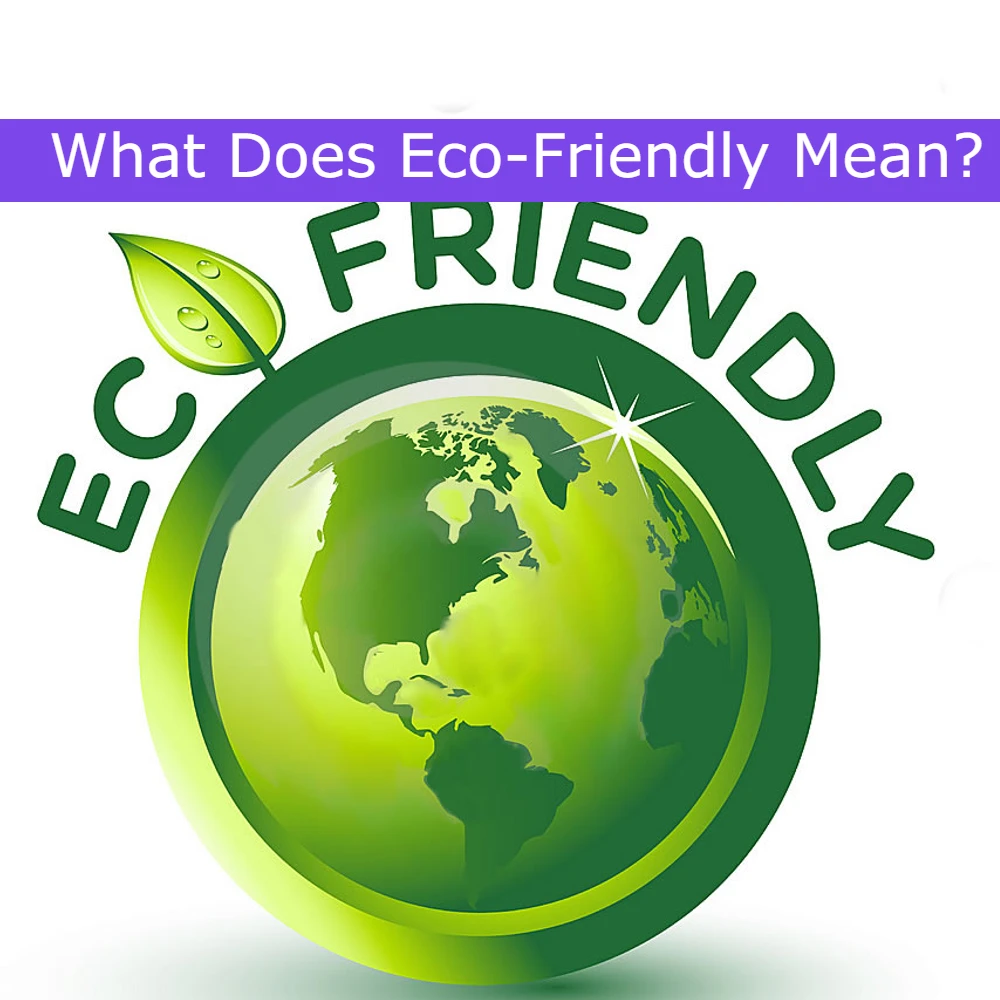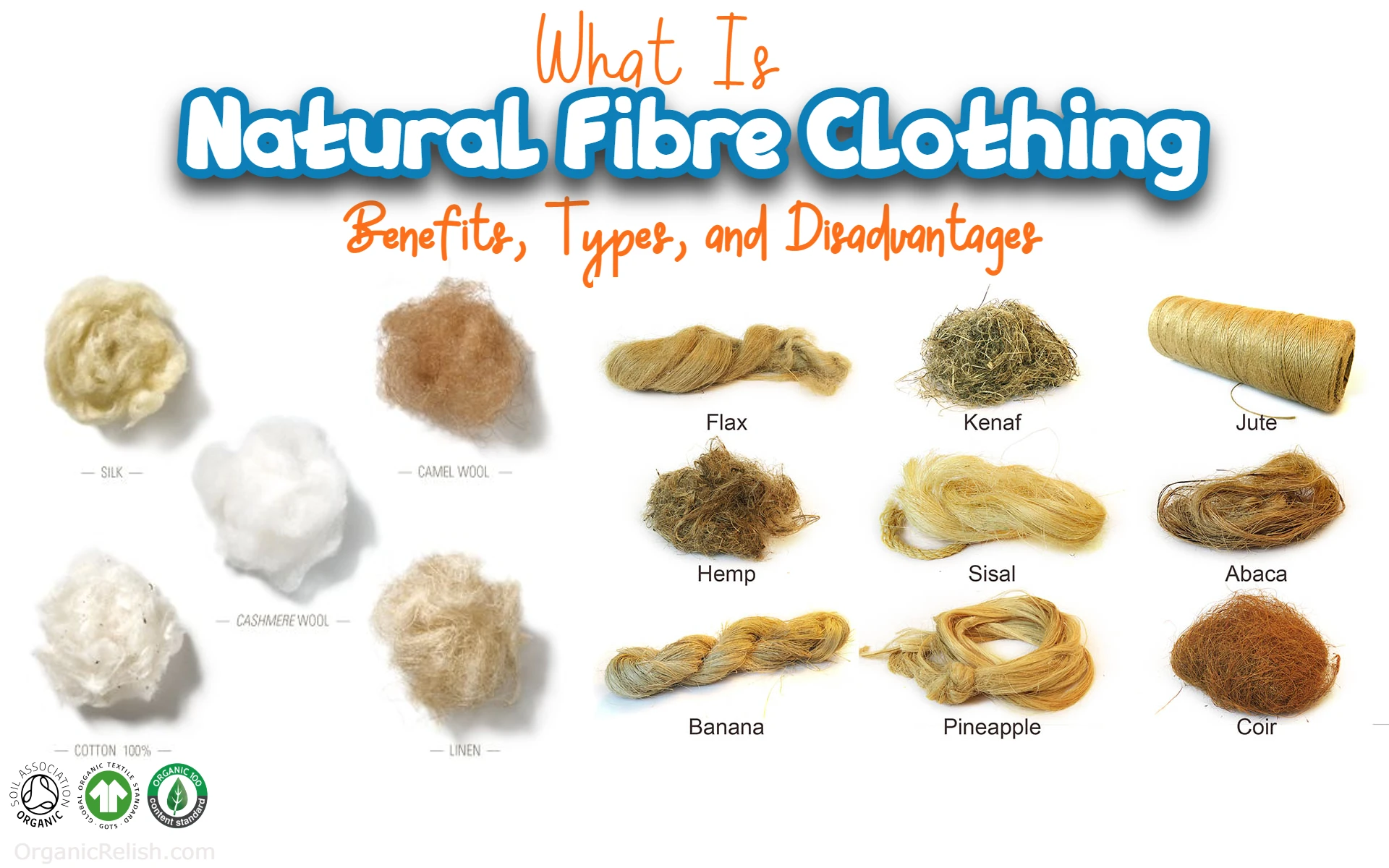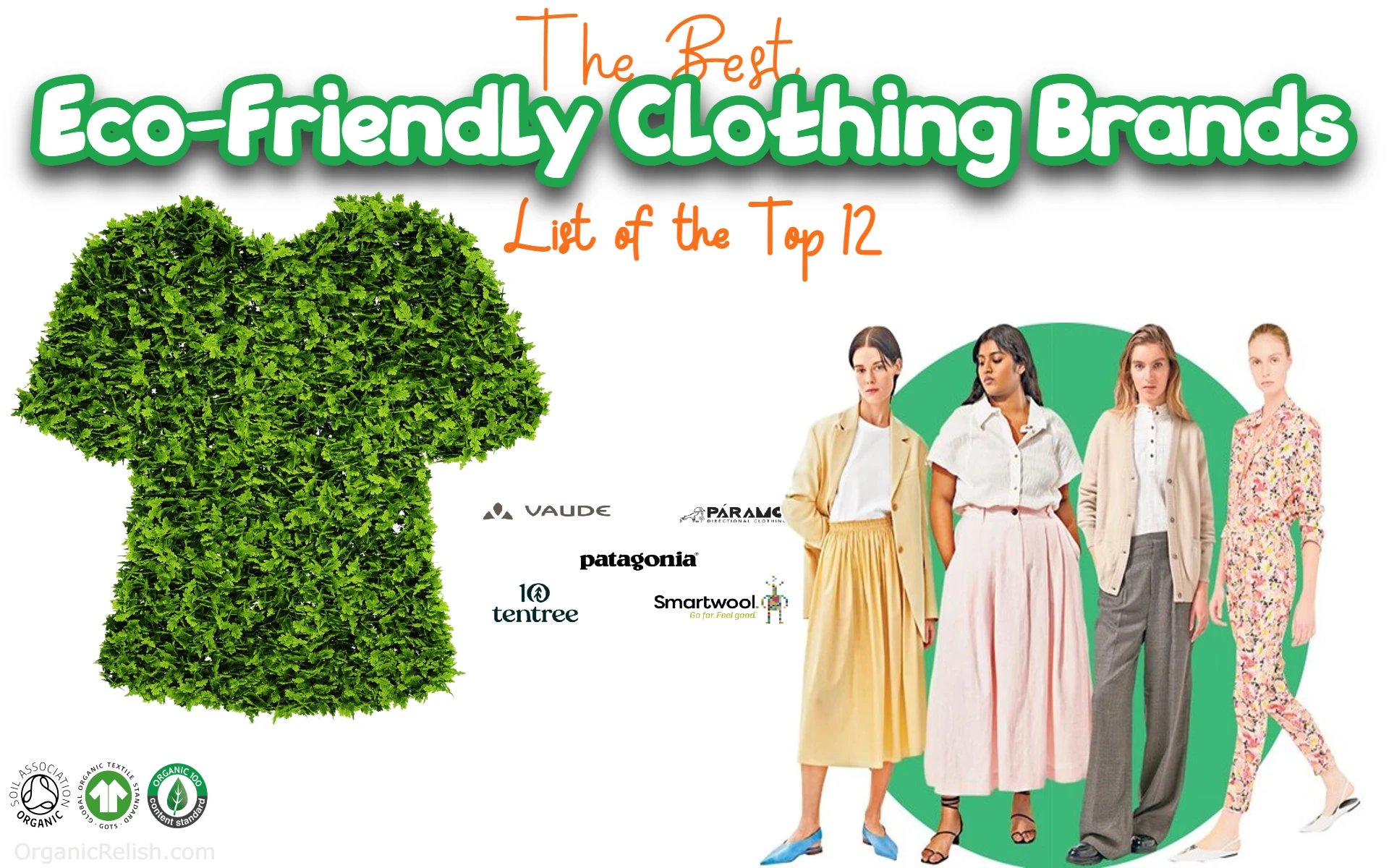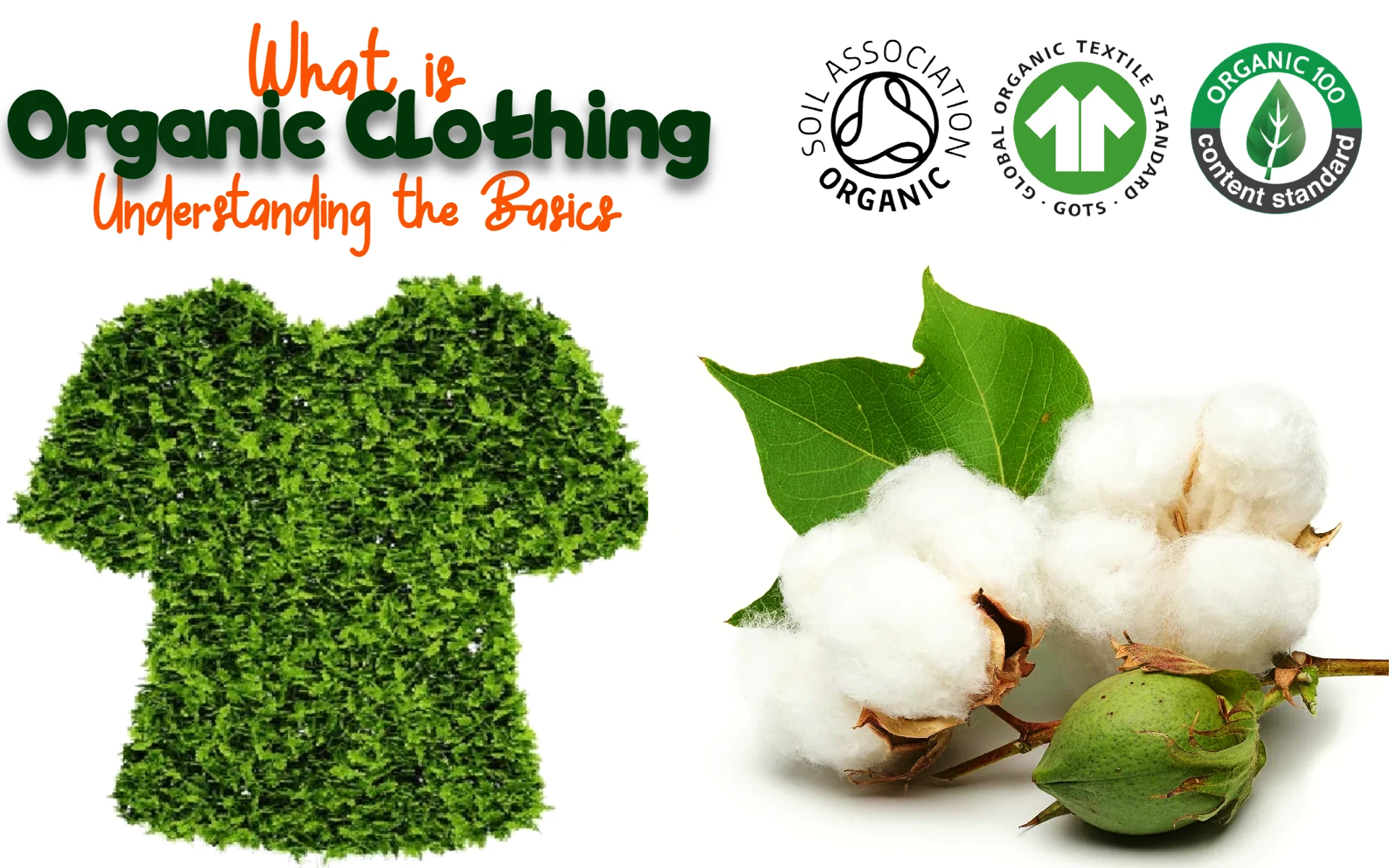What is Organic T-Shirt?
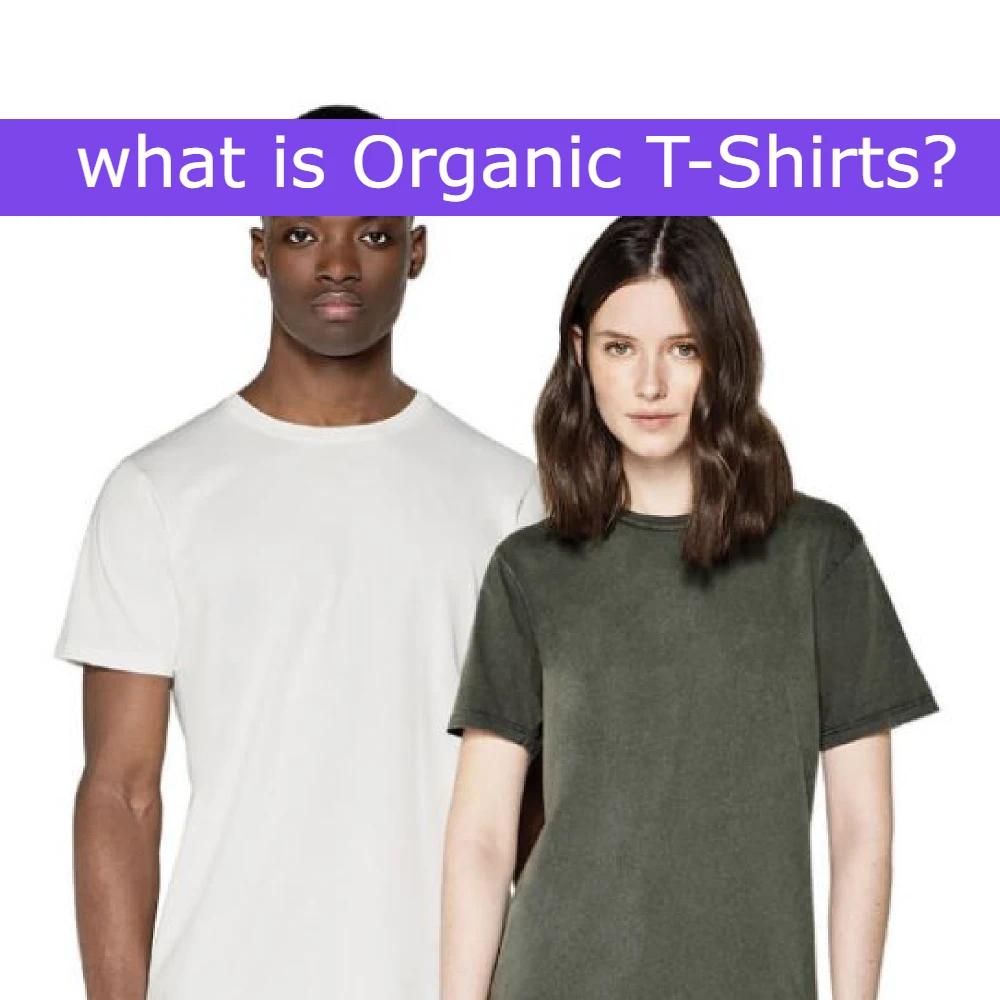
You’ve probably heard that you are what you eat. But if you are what you eat, are you also what you wear? The word “organic” is applied to a plethora of products, many most likely ending up in your grocery shopping cart.
Even if your cart isn’t full of organic fruits and veggies, you still might want to consider organic cotton t-shirts. What you put on your body might be just as important as what you put in it. Go beyond the buzz and learn what organic means for tees. Go beyond the buzz and learn what organic means for tees.
What’s Organic T-Shirt?
Organic clothing is real. You can trust what you buy because there are standards for organic certification. There are strict rules about how much pesticides or chemicals can be used on crops. Organic products must also be grown without using synthetic fertilizers or genetically modified seeds.
Countries that go organic are governed by strict rules to ensure that products are certified as organic. In the United States, the National Organic Program oversees the production of organic foods and other agricultural products.
Products must be made from organics grown without synthetic fertilizers, sewage sludges, irradiation or genetically engineered crops. Textile products must be made from organical fibers. T-shirts must be made from organicals grown without pesticides, herbicides or chemical fertilizers.
Organic Cotton and the Environment
Organic cotton is a great alternative to regular cotton because it doesn’t use harmful chemicals. It takes less time to grow and requires less water. People around the world should start using organic cotton instead of regular cotton.
Organic farming is less harmful to our air quality and atmosphere. Production of industrial fertilizers used for conventional cotton releases large amounts of carbon dioxide. Excessive application of nitrates leads to nitrous oxide, a greenhouse gas 300 times more destructive than even CO2. Organic cotton uses biological fertilizers, like chicken or cow manure, to naturally improve soil quality.
Organic cotton uses less water, too. Conventional cotton is repeatedly grown on the same soil, reducing soil quality, and leading to unhealthier crops. These crops require more water, resulting in heavy irrigation.
According to the World Wildlife Federation, it takes more than 700 gallons of water to produce a single conventional cotton t-shirt and pair of jeans. Organic cotton is rotated from one soil to another, maintaining soil quality, which in turn produces healthier crops. Healthier crops require less water.
5 Facts Everyone Should Know About Organic Cotton T-shirts
Gallant International specializes in organic cotton T-shirts wholesale, both GOTS and Fairtrade Certified. Why do we choose organic? Our reasons are simple, for your health and the earth’s health.
We have made a commitment to organic practices. Below are our top 5 reasons why you should be wearing sustainable organic cotton t-shirts.
1. Organic Cotton Is Free Of Toxic Chemicals, Pesticides, And GMOs

Organic cotton is cotton that is grown without toxic pesticides or insecticides. Traditionally grown cotton is sprayed with many chemicals that soak into the plant, the surrounding soil and become ingested by the farmer.
When pesticides are sprayed, toxic runoff often happens, where these toxic chemicals leak into our drinking water supply, rivers, lakes, and other sensitive ecosystems. Long term exposure to these chemicals can be detrimental to a farmer’s health and can quite negatively impact their lives. Nobody wants to ingest toxic pesticides, farmers and the Earth included, so why wear them?
Organic Cotton is also free of GMOs, as it’s a non-GMO crop. While the safety of GMOs (genetically modified organisms) is widely debated among scientists and farmers, GMO seeds have ultimately lead to a larger amount of pesticide usage, not less as promised by GMO seed companies.
2. Organic Cotton Feels Oh-So-Soft And Comfortable
While maybe not scientifically proven, organic cotton has a softer feel than traditional cotton. Pick up an organic cotton shirt and feel the buttery soft goodness for yourself! You are bound to choose organic again and again once that first soft organic cotton t-shirt piece joins your wardrobe.
3. Organic Cotton Eliminates The Need For Synthetic Fabrics And Limits Microplastic Pollution
Organic Cotton is a natural, durable fiber, perfect for t-shirts and other similar clothing items. Unlike organic cotton, synthetic fabrics leak microplastics into the water system when washed.
These microplastics, microscopic pieces of plastic, synthetic fiber are absolutely destroying our water systems. It’s been announced that we are now eating and drinking up to one credit card per week worth of plastic, much of this caused by microplastics in our water systems.
By choosing organic cotton, you choose a natural, wash-safe fabric that keeps drinking water safe and plastic-free.
4. Organic Cotton Conserves Natural Resources
Traditional, non-organic cotton is a water-guzzling crop, and much of the world’s cotton is grown in water-scarce areas. It can take a mind-blowing 713 gallons of water to make one traditional cotton t-shirt.
Organic cotton uses 91% less water than traditional cotton, drastically conserving one of the world’s most important resources. According to the Rodale Institute, organic farming leads to an overall smaller carbon footprint as well as replenishing soil health and contributing to better quality water and air.
5. Organic Cotton Is 100% Biodegradable And Recyclable
Since organic cotton is a natural fiber, it’s absolutely 100% biodegradable and recyclable at the end of its life, or whenever a user is done with the fabric. Being biodegradable means that a material can be broken down at a chemical level and safely return to the Earth without causing harm or pollution to ecosystems.
An organic cotton ethical t-shirt can be composted in your backyard – if you have the right materials, or in an industrial composting facility. It’s estimated that organic cotton products take around 6 months to fully biodegrade, depending on the surrounding environmental conditions.
Organic Tees and You
Whether you’re pledged to helping the environment or just curious about your choices, you do have some skin in the game. Here’s how organic directly affects you and your health There’s now growing concern that the copious amount of chemicals required in growing and processing conventional cotton can stay with the finished product.
Even after washing, there’s the chance that residue can remain and cause skin irritation. Some argue that those suffering from skin problems, like eczema and other irritations, might steer clear of even a conventional t-shirt and try an organic one.
Organic cotton uses alternatives to manufacturer a finished t-shirt, such with natural or water-based dyes, peroxide for whitening, and other safer products. Organic cotton is also said to feel softer, is hypoallergenic, and can last longer than conventional cotton.
Is Organic Clothing Better For Skin?
Organic clothing is better for your skin because it doesn’t contain chemicals. Chemical pesticides and fertilizers are used in growing conventional clothes, so they could affect your skin. Your skin is the biggest organ on your body, so you should take care of it by buying organic clothing.
Read More:
Contents
- What’s Organic T-Shirt?
- Organic Cotton and the Environment
- 5 Facts Everyone Should Know About Organic Cotton T-shirts
- 1. Organic Cotton Is Free Of Toxic Chemicals, Pesticides, And GMOs
- 2. Organic Cotton Feels Oh-So-Soft And Comfortable
- 3. Organic Cotton Eliminates The Need For Synthetic Fabrics And Limits Microplastic Pollution
- 4. Organic Cotton Conserves Natural Resources
- 5. Organic Cotton Is 100% Biodegradable And Recyclable
- Organic Tees and You
- Is Organic Clothing Better For Skin?
